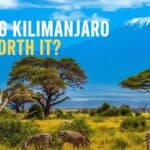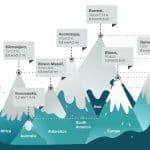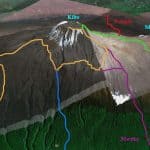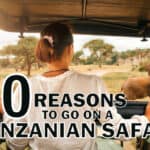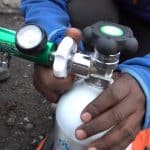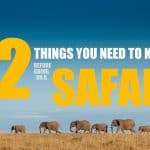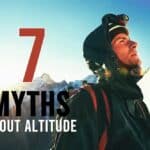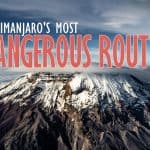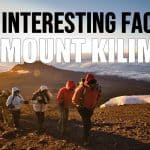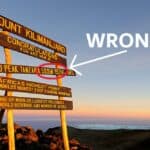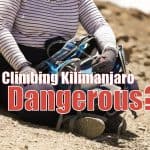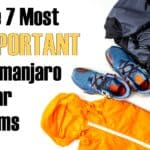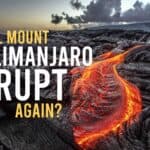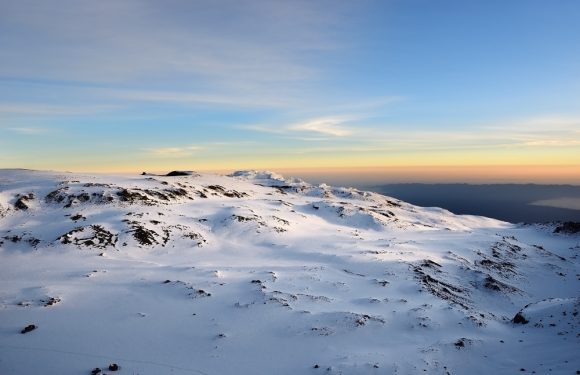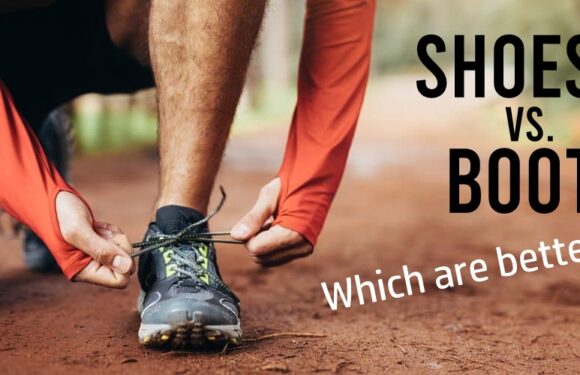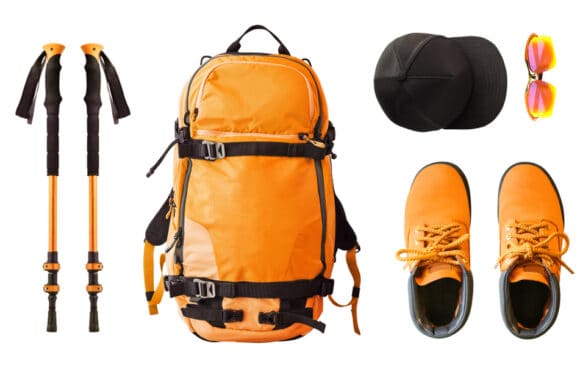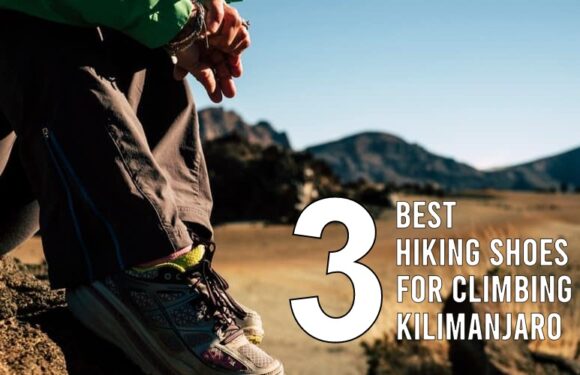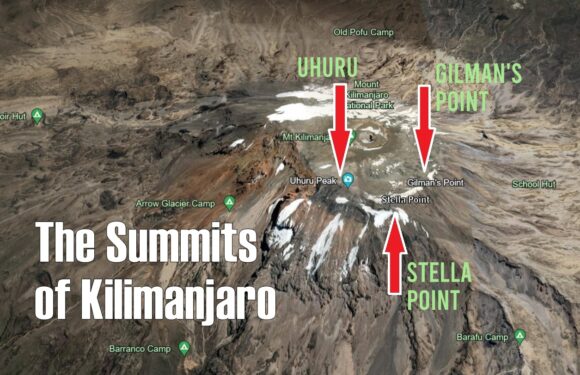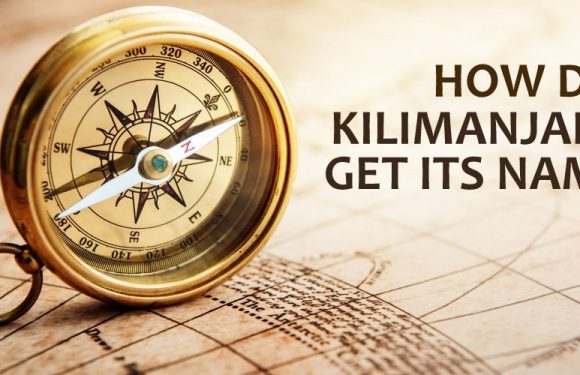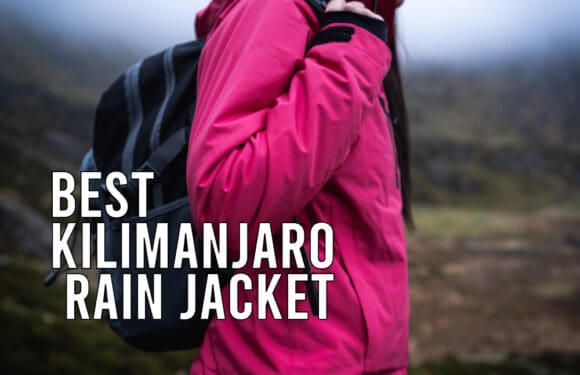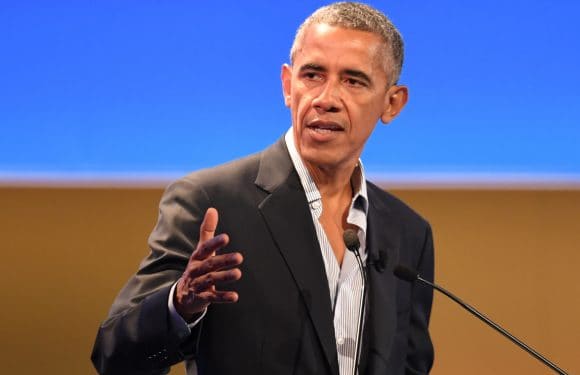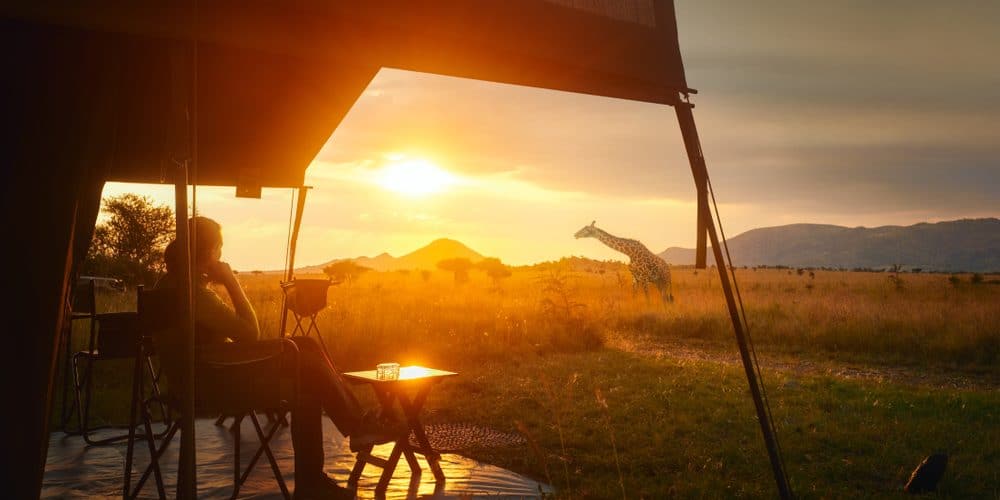
Is Tanzania Really Coronavirus-Free?
In late April 2020, Tanzania stopped officially reporting COVID-19 cases.
President John Magufuli stated that testing was inaccurate, citing positive results from samples that were taken from a goat, a piece of fruit and a wild bird.
A month later, he declared that Tanzania was free of the novel coronavirus and opened the country back up for tourism. All travel restrictions were removed.
Naturally, many people had doubts of the president’s words. Tourists stayed away accordingly. Without in-country testing, the true extent of COVID-19 in Tanzania was and is unknown.
According to Kenyan authorities, 51 Tanzanian truck drivers have tested positive for coronavirus at the border, indicating that COVID-19 is present in Tanzania.
Yet, first hand accounts on the ground from tourists, our staff and reporters suggest that COVID-19 does not appear to be widespread. Tanzanian doctors state that their hospitals are not seeing suspected cases.
What About Coronavirus in East Africa?
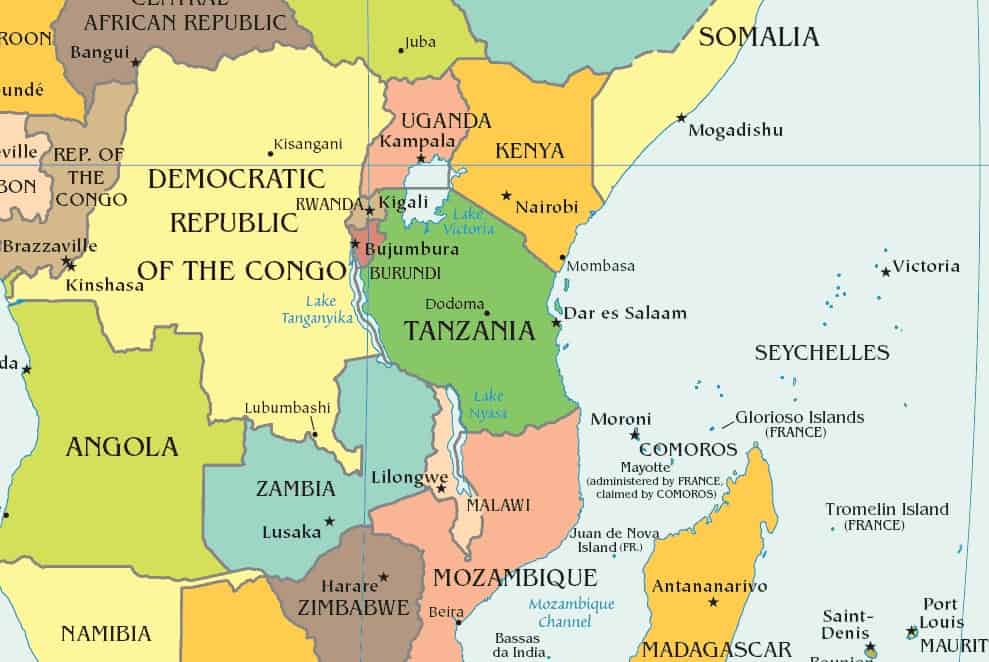
The last time Tanzania released data, it reported 21 deaths on April 29, 2020. What are the actual number of deaths?
A look at other African countries might offer a clue on what could be happening inside Tanzania. As of December 7, 2020, Tanzania’s neighboring countries reported the following figures:
- Kenya has reported 1,644 deaths.
- Zambia has reported 379 deaths.
- Malawi has reported 187 deaths.
- Uganda has reported 238 deaths.
- Mozambique has reported 149 deaths.
- Rwanda has reported 65 deaths.
- Burundi has reported 2 deaths.
It is logical to assume that Tanzania’s numbers are similar to Kenya’s numbers given their populations, size and proximity. So while it is almost certain that Tanzania is not coronavirus-free, East Africa as a whole and the countries individually appear to have a relatively low number of deaths.
In comparison, some USA states like Florida (20,680 deaths), Texas (25,936), California (22,929 deaths) and New York (36,568) have many times more COVID-related fatalities than the entirety of East Africa.
What is the State of Tourism in Tanzania Now?
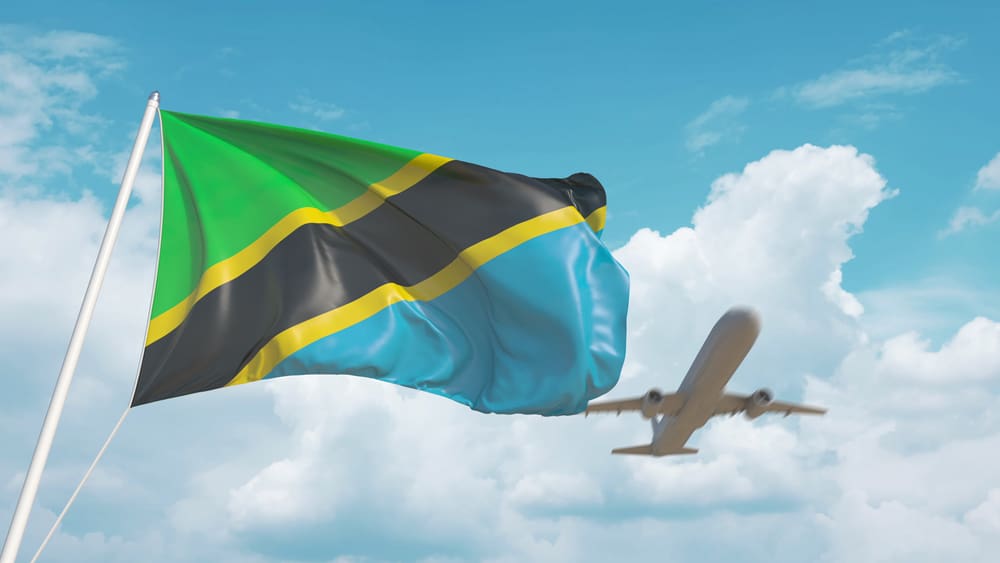
Tanzania’s Minister of Tourism and Natural Resources said the number of tourists declined by 76% as of June 2020.
Ultimate Kilimanjaro® saw nearly all of its bookings for 2020 rescheduled for 2021.
A Kilimanjaro National Park official stated that in April, only four tourists climbed Kilimanjaro. That number hit an all time low in May – just three tourists. In June, there were 24. Then in July, there a sharp increase to 206 tourists, which marks the beginning of usual high season. There were 420 climbers in August. In a normal year, the park receives several thousand visitors per month during the high season.
The Kilimanjaro Porters Assistance Project (KPAP) reported that their Partner Companies (which Ultimate Kilimanjaro® is a part of) experienced a 96% decline in the number of visitors between June 2020 and October 2020.
The outlook is changing. The tourism sector is rebounding. We have seen some renewed activity for climbing in December 2020 and January 2021.
Fears over the coronavirus pandemic are rapidly fading. Those who were extremely cautious about traveling before have reassessed the risks now that it appears that the death rate is far lower than originally believed. Additionally, the multiple vaccines are currently being distributed in the USA and worldwide.
The Centers for Disease Control and Prevention (CDC) estimates the fatality rate as between 0.26% to 0.65%, mostly affecting those with underlying, high risk conditions including cardiovascular disease, diabetes, chronic kidney disease, and COPD.
While 2020 may be the year of lost travel, signs are showing that 2021 may be the year to make up travel. In a recent survey, 39% of travelers feel “very confident” about travel next year. There is a feeling among tourists that they have to replace the trips they missed in 2020.
Are You Ready to Climb Kilimanjaro?
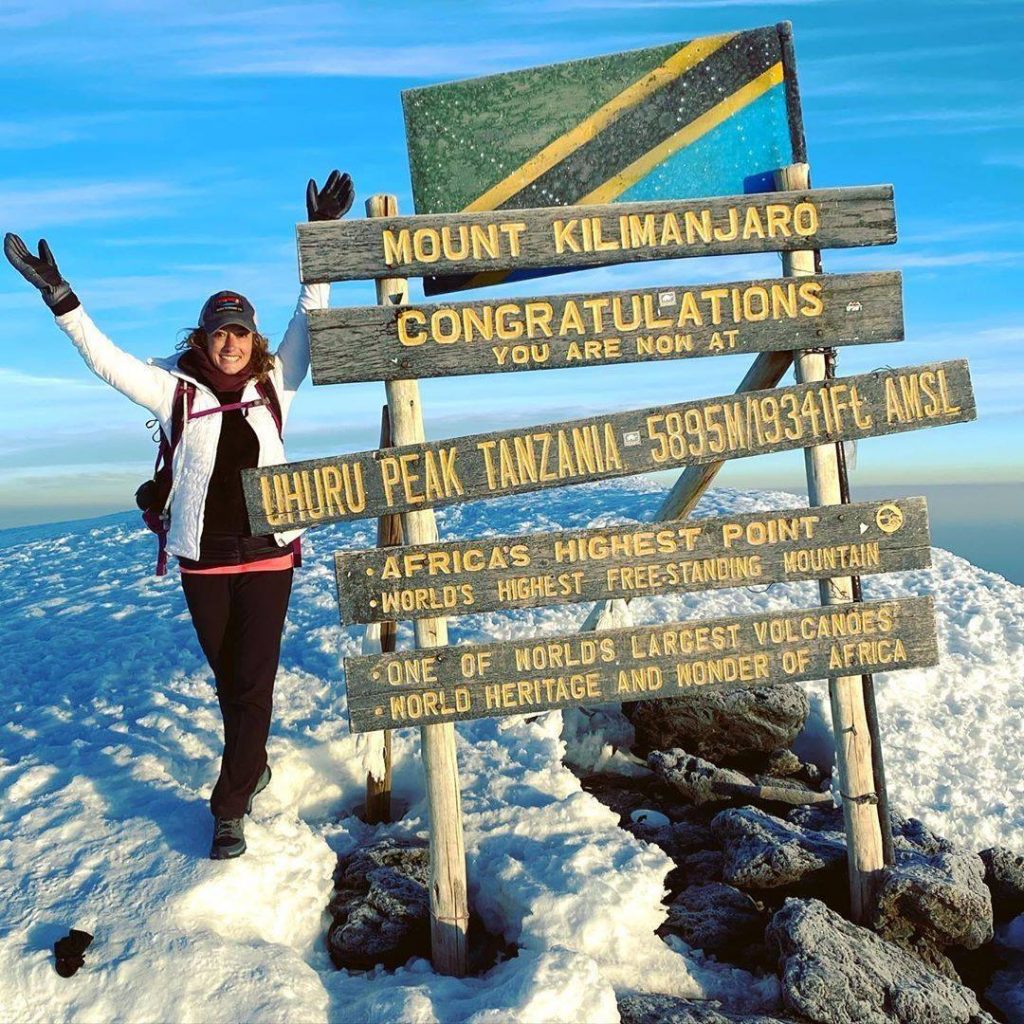
Ultimate Kilimanjaro® been successfully operating climbs and safaris since the new season began in June 2020.
Based on Standard Operating Procedures created by health authorities, we are taking appropriate precautions to manage the threat of COVID-19. These measures are reasonable and practical. (See Ultimate Kilimanjaro’s Summary of the Standard Operating Procedures or the full Ministry of Natural Resources and Tourism’s National Standard Operating Procedures for more details.)
There will always be some risk of infection until coronavirus has been completely eradicated. Whether or not you should travel is a personal choice. For our clients who are ready to visit us, we would like to say that we are ready for you.
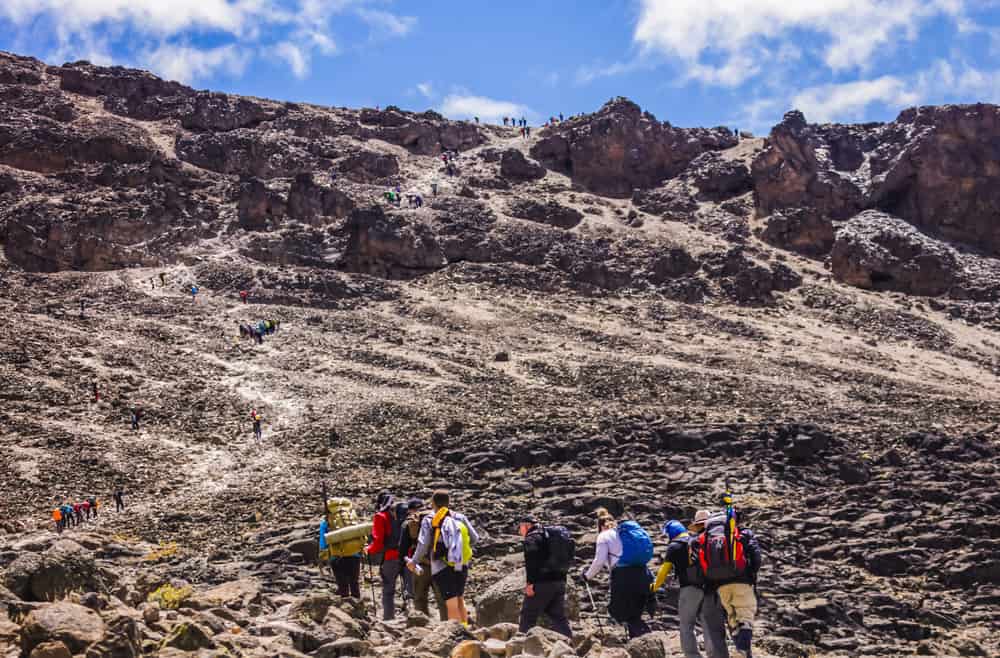
Contact us at info@ultimatekilimanjaro.com
__________
See Can I Climb Kilimanjaro During the Coronavirus Pandemic?

